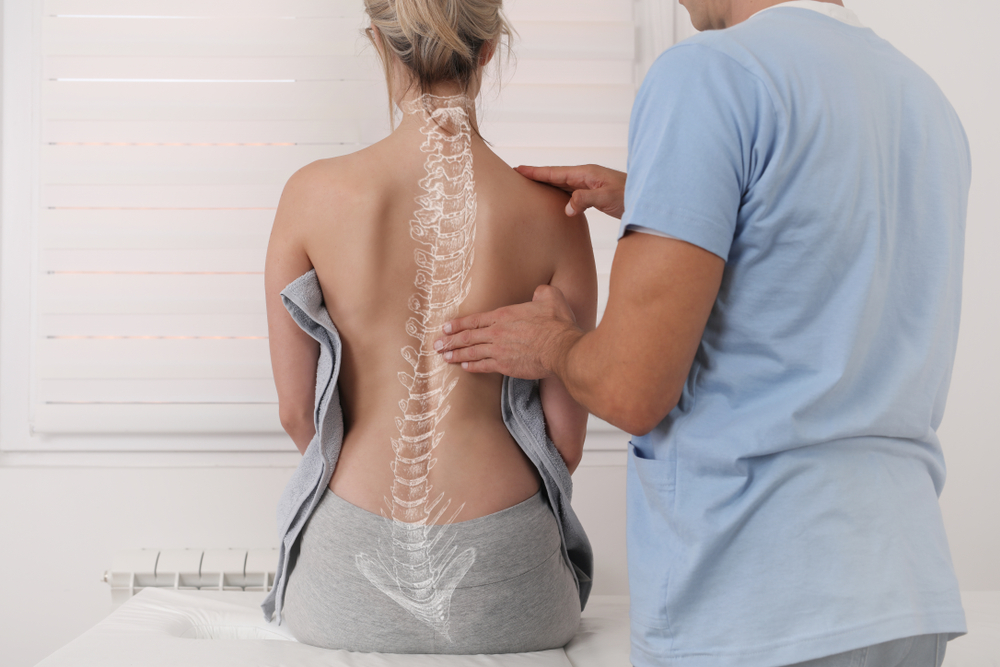
Understanding the Types of Scoliosis – A Guide for Adults
Scoliosis isn’t just a condition that affects children; it can also impact adults, sometimes going undiagnosed for years. As board-certified spine surgeons at Atlantic Spine Specialists, Carl P. Giordano, MD and Richard S. Nachwalter, MD are dedicated to helping patients understand their conditions and find relief. Here’s a guide to understanding the types of scoliosis for adults:
- Degenerative Scoliosis: This type of scoliosis develops in adulthood due to wear and tear on the spine. It’s often associated with aging and conditions like arthritis. Symptoms may include back pain, stiffness and changes in posture.
- Idiopathic Scoliosis: While typically diagnosed in adolescence, idiopathic scoliosis can persist into adulthood. It occurs without a known cause and may progress over time. Adults with idiopathic scoliosis may experience back pain and uneven shoulders or hips.
- Congenital Scoliosis: This type of scoliosis is present at birth and results from abnormal spine development in the womb. Congenital scoliosis can vary in severity and may require treatment to prevent complications such as spinal cord compression.
- Neuromuscular Scoliosis: Adults with neuromuscular conditions like cerebral palsy or muscular dystrophy may develop scoliosis due to muscle weakness or imbalance. Managing neuromuscular scoliosis often involves a multidisciplinary approach to address underlying conditions and improve quality of life.
- Functional Scoliosis: Unlike structural scoliosis where the spine has a fixed curvature, functional scoliosis occurs due to temporary factors such as muscle spasm or leg length discrepancy. Treating the underlying cause can often correct the spinal curvature.
Regardless of the type, adults with scoliosis can benefit from early diagnosis and personalized treatment plans. Dr. Carl P. Giordano and Dr. Richard S. Nachwalter specialize in conservative and surgical interventions tailored to each patient’s needs, aiming to alleviate pain and improve function.
If you’re experiencing back pain, changes in posture, or other symptoms suggestive of scoliosis, don’t hesitate to reach out to Atlantic Spine Specialists for evaluation and guidance. Understanding the type of scoliosis you have is the first step towards effective management and reclaiming your quality of life.
Remember, you’re not alone in your journey with scoliosis. With the expertise and compassion of Carl P. Giordano, MD and Richard S. Nachwalter, MD you can navigate your diagnosis with confidence and optimism.
Please call (973) 971-3500 to schedule your appointment.